
Work on nine ongoing projects in the water and sanitation sector across the country is progressing steadily, the Ministry of Water Resources and Sanitation has stated.
The projects, expected to provide about 1.9 million Ghanaians with access to potable drinking water is estimated at a cost of 397 million dollars.
They include the Sogakope-Lome Trans-boundary water supply project, the Upper East Region Water supply project, Yendi water supply project, Damongo-Tamale water project, and the Sustainable Rural Water and Sanitation project.
The rest are the GAMA Sanitation and Water project, Aqua Africa water project, phase three of the STRABAG project to construct distribution networks for communities in the Volta region as well as a nationwide service enhancement water management project.
Deputy Minister of Sanitation and Water Resources, Patrick Yaw Boamah, who made the disclosure to journalists in Accra yesterday, indicated that all projects would be ready within the next two to three years.
He was speaking on the sidelines of a water, sanitation and hygiene (WASH) sector working group meeting to review progress made by government and its development partners in meeting various sector policies and plans two years after assuming office.
The meeting which brought together representatives from key Ministries, Departments and Agencies, development partners, non-governmental organisations, civil society and private sector institutions working in the WASH sector dialogued on key interventions to help the country achieve goal six of the Sustainable Development Goals (SDGs) on ensuring availability and sustainable management of water and sanitation for all.
According to the Deputy Minister, government was committed to investing in the water sector "because we believe it has multiple effects on health, drive industrialisation and help us achieve SDGs so we can all live in a much more humane manner since water is life."
The sector Minister, Cecilia Abena Dapaah, in a remark to open the meeting underscored the importance of the group to drive policy discourse among implementing agencies, review performances and track progress towards "agreed outcomes as well as actions that could contribute to an improved sector."
She charged the group not to "relent on our efforts but sustain the momentum and continue to provide the needed support to the sector in achieving its goals thereby realising the vision President Akufo-Addo has for the sector."
The Chief of WASH at UNICEF, Mr David Duncan urged stakeholders in the sector to consider different approaches in handling WASH issues while leveraging on budgetary allocations and investments from donor partners among others into the sector to improve the current status quo.
Read Full Story
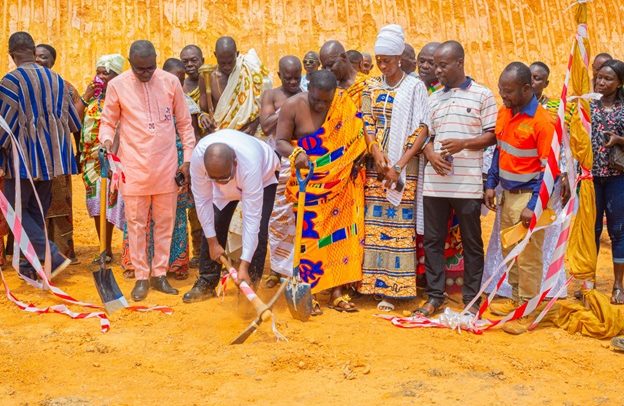


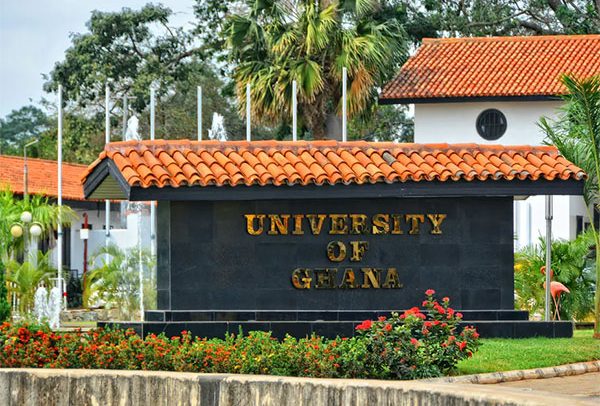





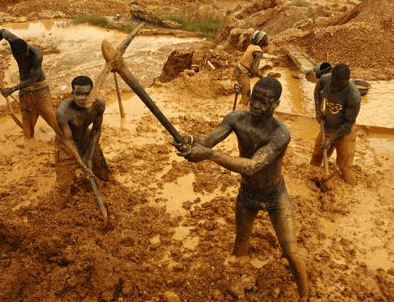

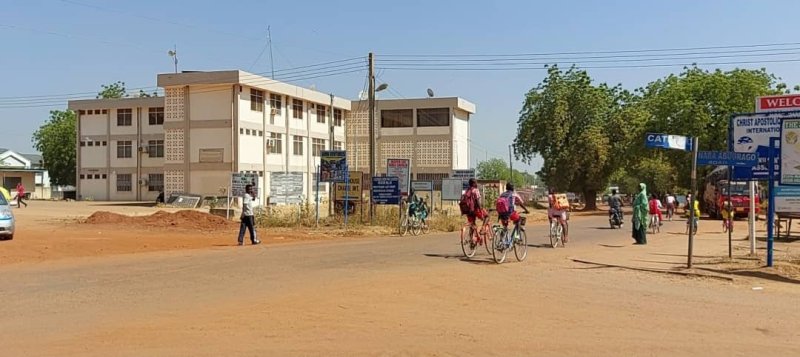




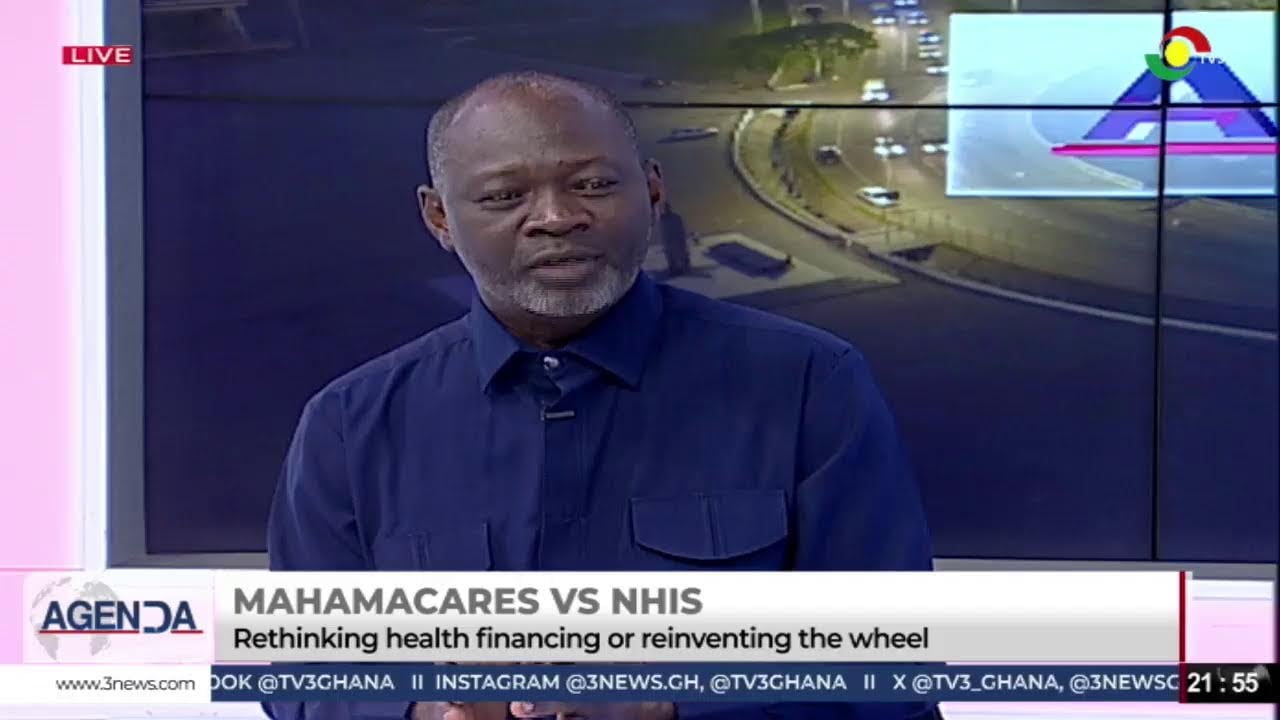
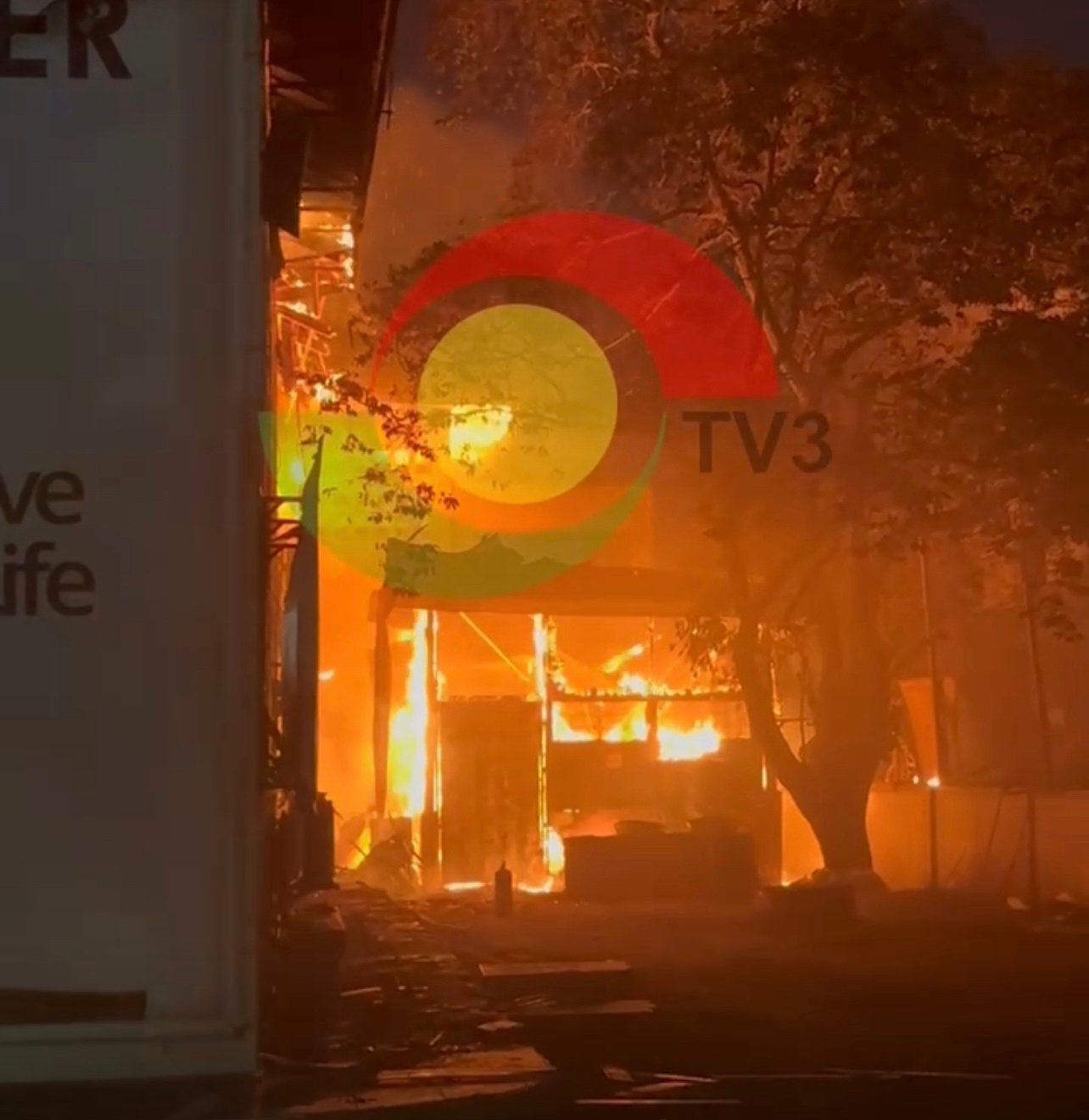
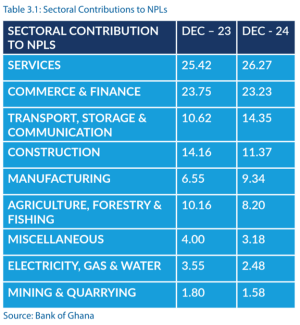
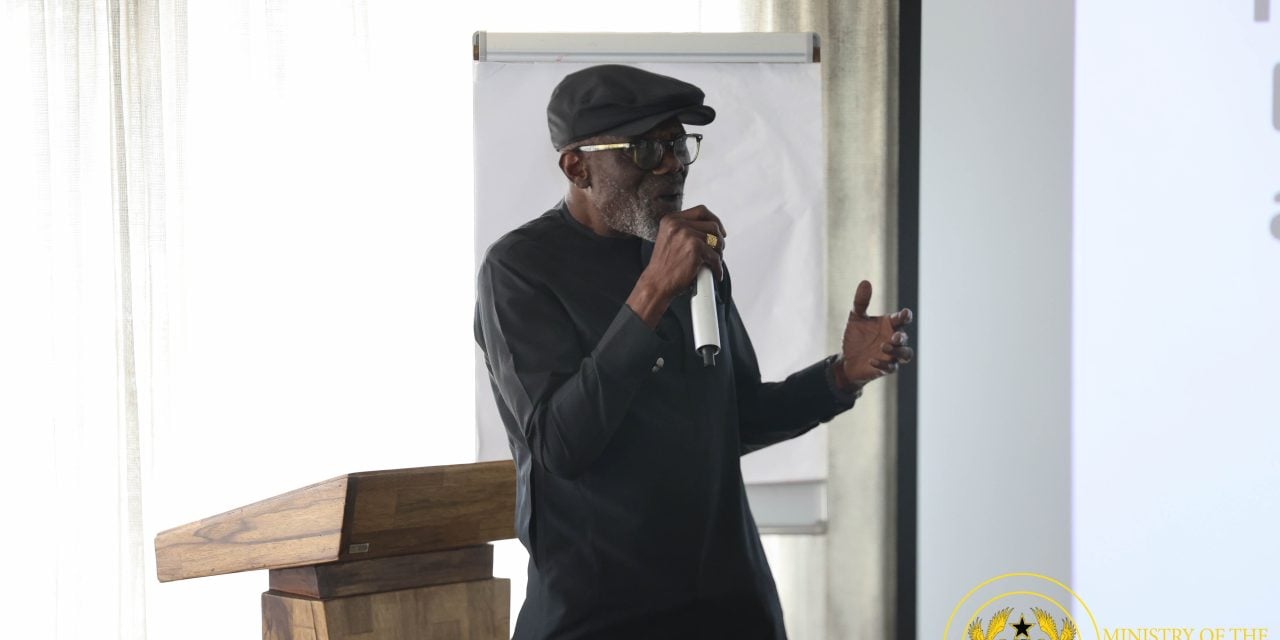
Facebook
Twitter
Pinterest
Instagram
Google+
YouTube
LinkedIn
RSS